Keywords: Rest
There are more than 200 results, only the first 200 are displayed here.
-
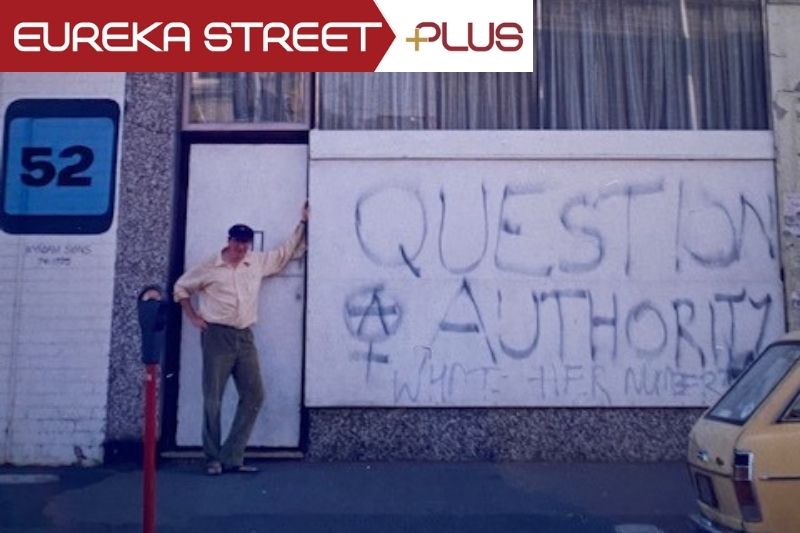
FAITH DOING JUSTICE
- Michael McGirr
- 09 September 2022
5 Comments
The Way had been a community of homeless people, built around difficult but wonderful characters. It taught me more than I can easily say. It was a world where things were not always as they seemed and people did not fit into little boxes. We had many challenging days and relationships with our guys were seldom easy, but there was an energy that found light in unexpected places.
READ MORE 
-

ARTS AND CULTURE
- Juliette Hughes
- 07 September 2022
4 Comments
So far it hasn’t been easy to find a review in Australia from someone who has actually read the sixth and latest book in Rowling/Galbraith’s Cormoran Strike crime series, The Ink Black Heart. l wonder if it is too much to ask for people to simply read books (any books) before holding opinions about them.
READ MORE 
-

ARTS AND CULTURE
- Gillian Bouras
- 02 September 2022
1 Comment
Australian cultural icon and erstwhile publisher Hilary McPhee calls Telltale ‘a rare thing, an ingenious memoir,’ and she is right. It is interesting and reassuring to note that books about reading and recollections of reading habits seem to be proliferating. Perhaps such writing is a defence measure against worrying developments like universities in England, for example, axing their English Literature courses.
READ MORE 
-
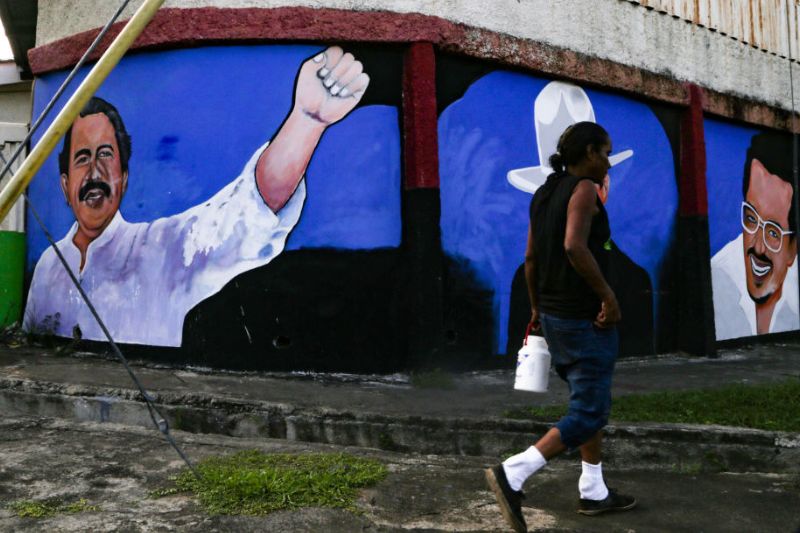
INTERNATIONAL
- Antonio Castillo
- 01 September 2022
2 Comments
In Nicaragua, Catholic priests and institutions are under siege. In the last five months, the Ortega regime has increased its persecution of the Church, accusing them of being ‘terrorists.’ The conflict has been further exacerbated by the detention of Bishop Rolando Álvarez, the most outspoken critic of Ortega. In less than four years, the Church has suffered 190 attacks, including a fire in the Cathedral of Managua. However, the crisis in Nicaragua is not as clear-cut as it might seem.
READ MORE 
-
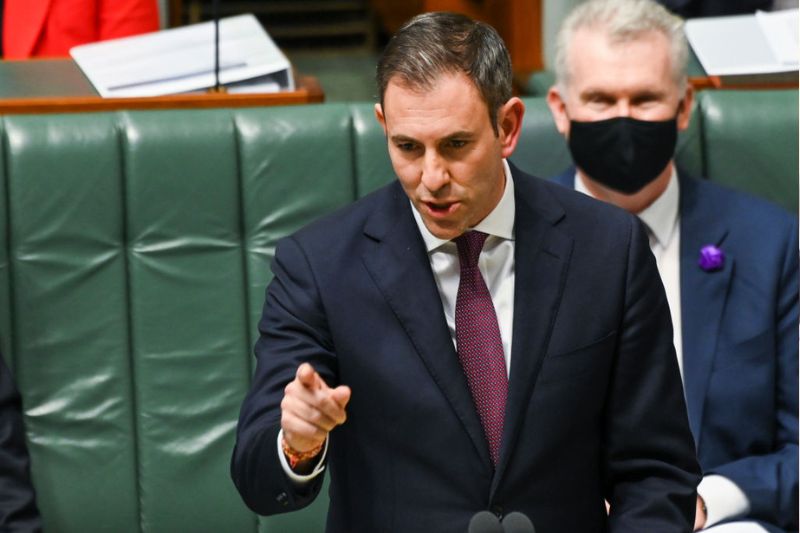
AUSTRALIA
- John Falzon
- 29 August 2022
2 Comments
While the Jobs Summit does not signal the end of neoliberalism, it does signal a political willingness by the Albanese government to begin an inclusive, deliberative process for healing some of the wounds that have been inflicted on ordinary people through the accumulation of superprofits on the one hand and cuts to real wages and the dismantling of social infrastructure on the other.
READ MORE 
-

ECONOMICS
- David James
- 23 August 2022
4 Comments
Now that it is becoming hard to avoid just how much trouble the global financial system is in, it is interesting to speculate about what should be done about it. The first thing to understand about the global financial system is that the assumptions that were used to shape it are demonstrably false.
READ MORE 
-
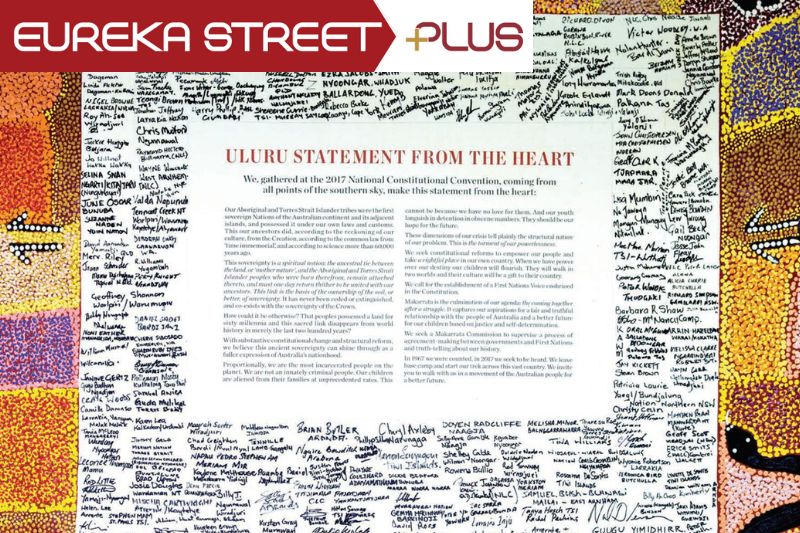
AUSTRALIA
- Frank Brennan
- 17 August 2022
2 Comments
We need to be able to do more than simply give notional assent to the Uluru Statement. We need to be able to contribute to the hard thinking and difficult discussions to be had if the overwhelming majority of our fellow Australians are to be convinced of the need for a Voice in the Constitution.
READ MORE 
-
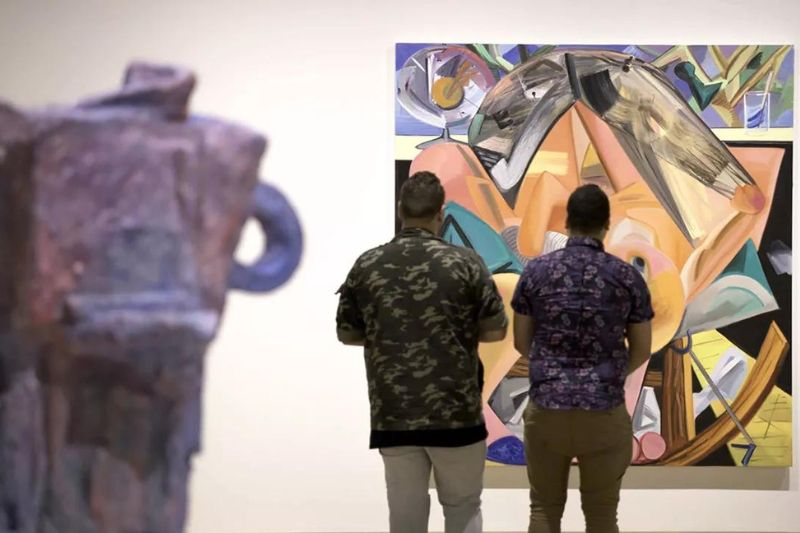
ARTS AND CULTURE
- Juliette Hughes
- 16 August 2022
1 Comment
Five years ago, the beloved and I were in a reality show called Everyone’s a Critic. The show took us all to art galleries, mostly in Melbourne and Sydney, plonked us in front of some artworks, asking us to say what we thought of them. I realised TV norms being what they are, that we could have a ten-minute conversation about artists with whom we were familiar and all that would make it onto the program would be ten seconds of me mentioning my mum.
READ MORE 
-

INTERNATIONAL
- Max Jeganathan
- 15 August 2022
3 Comments
Despite a post-pandemic bull-run, both the national and international economy are now stalling. Interest rates are going up. Markets are going down. Inflation seems unstoppable. While many factors are to blame for the rising cost of living, a catalysing force continues to be our response to the war in Ukraine.
READ MORE 
-
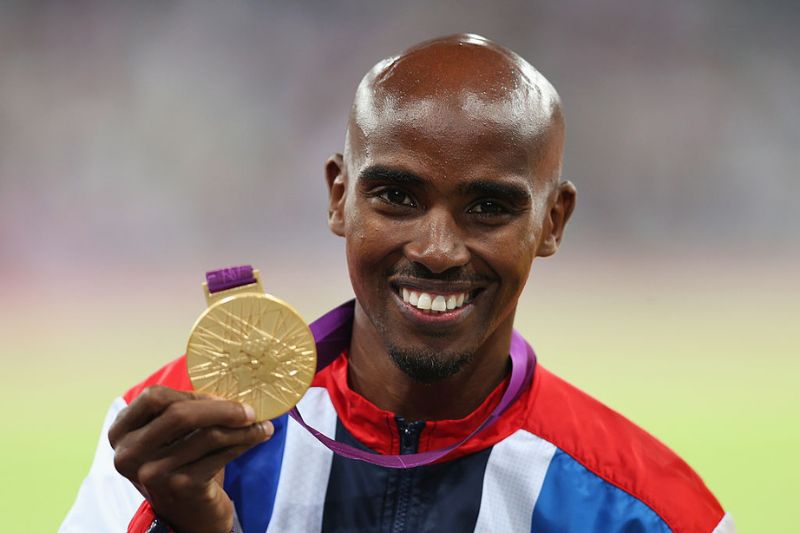
ARTS AND CULTURE
- Gillian Bouras
- 10 August 2022
6 Comments
It is often said that it takes a village to raise a child. It also takes interested and supportive people to encourage athletic talent. A recent documentary on the world's most successful male distance runner Sir Mo Farah raises questions around how host countries know about waste of talent and opportunity when they routinely deport asylum seekers or lock them up?
READ MORE 
-

ARTS AND CULTURE
- David Halliday
- 01 August 2022
1 Comment
As the boat pulls away, a figure is left standing alone on the rocky beach beneath a thick wall of fir trees. The person stares out after the boat relishing the last morsel of human contact they will have for an indefinite time.
READ MORE 
-
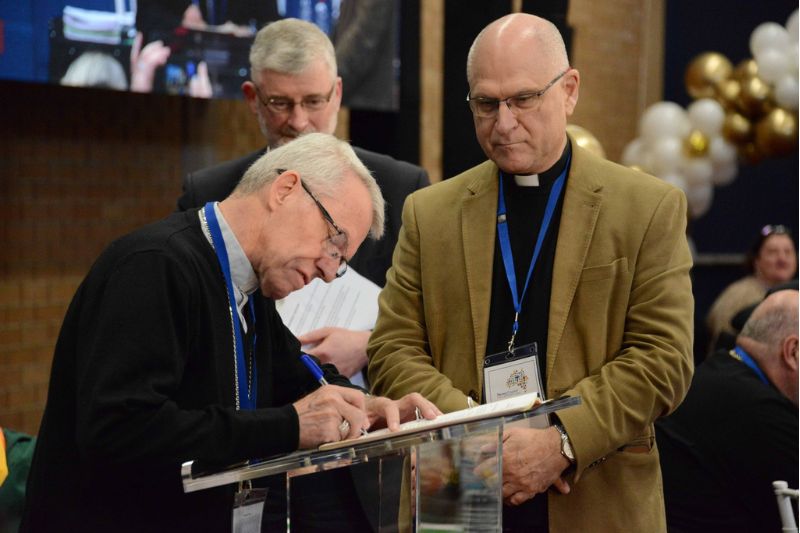
RELIGION
- Geraldine Doogue
- 27 July 2022
7 Comments
What did the Plenary mean exactly, and what is next for the church? Secretary to the Council, Fr David Ranson, offers a rich and bracingly realistic set of observations about the Plenary Council. As secretary, Fr David was deeply absorbed in the lead-up, in the events of the week itself and now in assessing what comes next. He might surprise you with his judgements. They're delivered by a man with an acute sense of Church procedures but also with an eye to possibilities.
READ MORE 